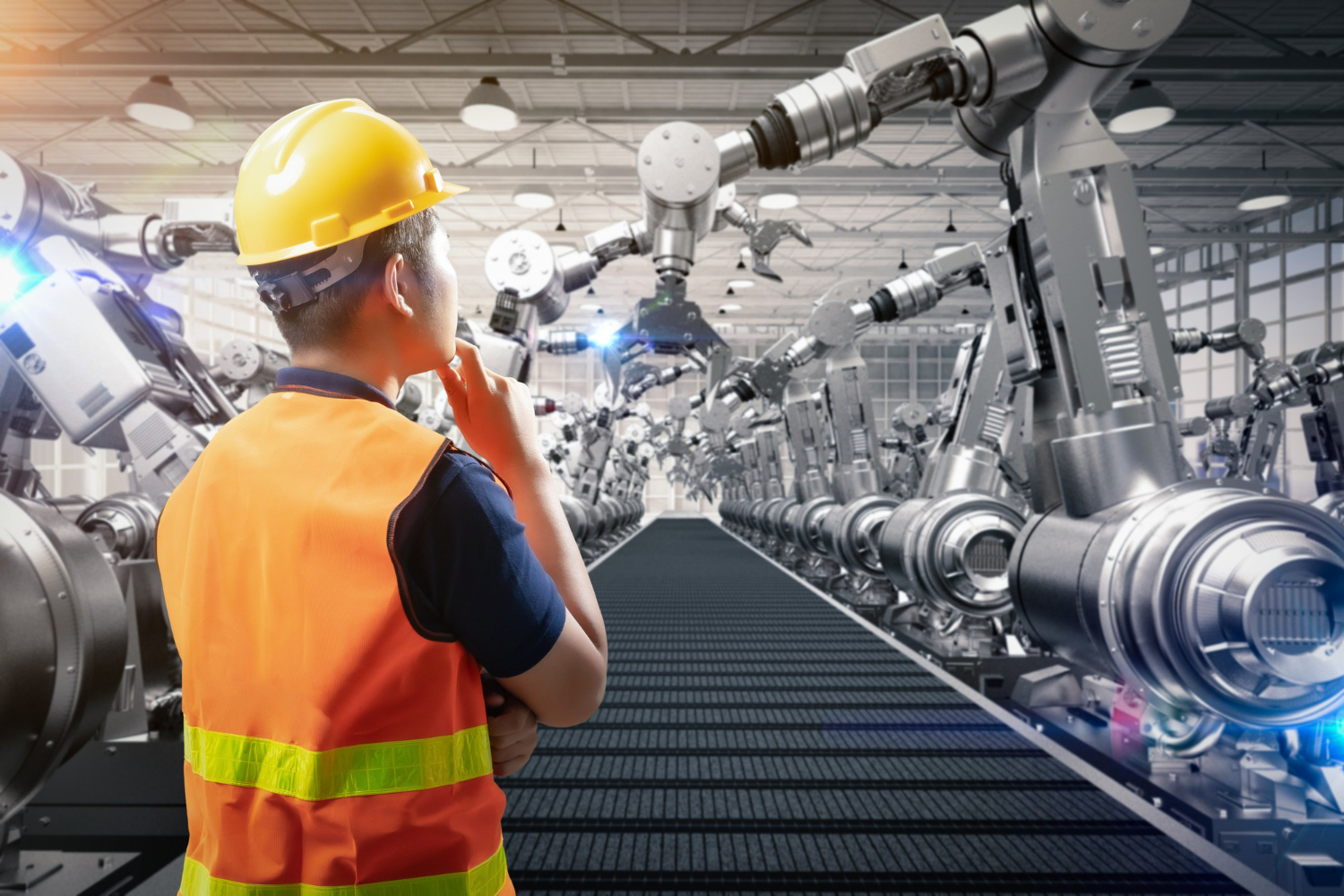
In the ever-evolving sector of manufacturing, automation stands at the forefront of innovation, promising increased efficiency, precision, and scalability. Nowhere is this more evident than in the sphere of gear manufacturing, where the integration of automation technologies such as robotics and CNC machining has sparked a transformative revolution.
This article delves into the profound impact of automation on gear manufacturing processes, exploring how it enhances efficiency, elevates accuracy, and unlocks unprecedented scalability.
Automation in gear manufacturing redefines efficiency by streamlining processes and reducing production time. Robotics, that are equipped with advanced sensors and programming, perform intricate tasks with exceptional speed and consistency. Whether it is loading and unloading workpieces or executing complex machining operations, robots optimise workflow, minimising downtime and maximising productivity. Furthermore, automated systems can operate with consistency, eliminating the constraints of human labour shifts and significantly increasing throughput. By harnessing the power of automation, gear manufacturers can achieve unparalleled levels of efficiency, staying ahead in today’s competitive market.
The synchronisation of automation and CNC machining heralds a new era of precision in gear manufacturing. Computer Numerical Control (CNC) machines, driven by sophisticated algorithms, execute intricate cutting operations with the micron-level accuracy. Coupled with advanced robotics for material handling and tool changing, CNC machining ensures consistent quality and tight tolerances across every gear produced. Furthermore, automation minimises human error, mitigating the risk of defects and rework. The result is a paradigm shift towards precision engineering, where gears meet exact specifications with unwavering reliability.
Automation unlocks unprecedented scalability in gear manufacturing, enabling seamless adaptation to fluctuate demand and production volumes. With robotic automation, manufacturers can effortlessly scale operations by adding or reprogramming robots to accommodate increased output. CNC machining centres, equipped with automation features like pallet changers and tool magazines, facilitate rapid changeovers and high-volume production runs. This scalability not only enhances responsiveness to market dynamics but also optimises resource utilisation, driving cost efficiencies and maximising ROI.
Since automation continues to evolve, gear manufacturers can anticipate even greater advancements on the horizon. Emerging technologies such as Artificial Intelligence (AI) and Machine Learning promise to further enhance automation systems, enabling predictive maintenance, adaptive machining strategies, and real-time optimisation. Collaborative robots (cobots) are also gaining traction, offering flexibility and safety in human-robot interaction, and opening new possibilities for collaborative manufacturing environments. Additionally, the integration of Internet of Things (IoT) connectivity allows for remote monitoring and data-driven decision-making, ushering in an era of smart manufacturing in the gear industry.
The integration of automation technologies has revolutionised gear manufacturing, reshaping efficiency, precision, and scalability in profound ways. Automation, through robotics and CNC machining, has redefined efficiency by optimising workflow, minimising downtime, and enabling 24/7 operation. Moreover, the marriage of automation and CNC machining has elevated precision to unprecedented levels, ensuring consistent quality and tight tolerances while minimizing human error. Additionally, automation has unlocked scalability, allowing manufacturers to adapt seamlessly to fluctuating demand and production volumes while optimising resource utilisation and driving cost efficiencies.
Looking ahead, the future of gear manufacturing promises even greater advancements with emerging technologies such as Artificial Intelligence (AI), Machine Learning, collaborative robots (cobots), and Internet of Things (IoT) connectivity. These innovations will further enhance automation systems, enabling predictive maintenance, adaptive machining strategies, and real-time optimization while fostering collaborative manufacturing environments and ushering in the era of smart manufacturing in the gear industry. As automation continues to evolve, gear manufacturers can embrace these trends to stay at the forefront of innovation and maintain a competitive edge in the ever-evolving landscape of manufacturing.